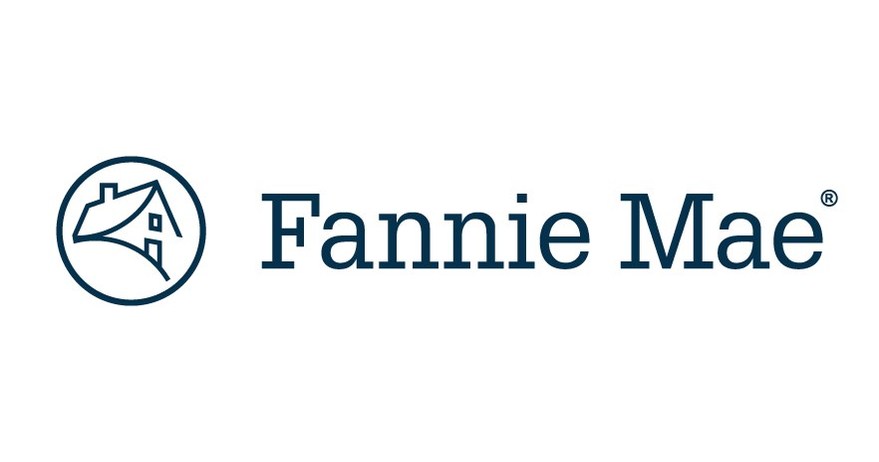Big News for Buyers: What the Fannie Mae Credit Score Update Means for You

What’s changed
Here are the key shifts in the policy you should know about:
- With its update “SEL‑2025‑09,” Fannie Mae has removed the minimum representative or median credit‑score requirement of 620 for DU loans. (Fannie Mae Single-Family)
- Starting with loan casefiles submitted or resubmitted through DU on or after the weekend of Nov. 15 2025 (and new submissions on/after Nov. 16 2025), DU will no longer apply a minimum third‑party credit score threshold. (Fannie Mae Single-Family)
- Instead of a fixed minimum score, DU will now use its proprietary credit‑risk assessment model to determine eligibility. (Fannie Mae Single-Family)
- Additionally, when a borrower has no traditional installment or credit account, DU will trigger a message indicating that non traditional credit history may need to be documented (for example rent payments) or homebuyer education may be required. (Fannie Mae Single-Family)
- This is part of a broader move: the Federal Housing Finance Agency (FHFA) and the government‑sponsored enterprises (GSEs) including Fannie Mae have approved newer models such as VantageScore 4.0 and FICO 10T to be used in mortgage underwriting. (HousingWire)
Why this matters for buyers who didn’t qualify before
If you’re a first‑time buyer or someone who hasn’t built up a long credit history, this is a genuine shift in opportunity:
- If you were previously told “you have too low a credit score,” you might now qualify under this new standard—because it’s no longer about hitting a 620 threshold, but more about your overall credit risk profile.
- Buyers who have a “thin” credit file—maybe you’ve been renting, or you’ve had minimal use of credit cards/installment loans—can now potentially be scored using non‑traditional credit data (like rent/utility payment history) when standard trade lines are limited. (National Mortgage News)
- For those who may have been limited to government‑backed mortgage programs (with higher costs or stricter rules), now more conventional loans (which can have lower mortgage insurance costs and more flexibility) could be available. (National Mortgage News)
- In the local San Antonio market (and across Texas), this means you don’t necessarily need years of credit card or loan history to move toward homeownership—your overall payment habits and financial picture matter more.
- It also helps you stay ahead: even if you don’t qualify today, beginning to establish regular payments (rent, utilities, small installment or charge cards) now will strengthen your profile under this new screening.
What this means for you as a first‑time buyer
Since you’re stepping into the market for the first time, here’s how I recommend you prepare and take advantage of this update:
- Check your credit profile and trade‑lines. Don’t focus only on “score” — identify whether you have any traditional accounts, and if you don’t, ask your lender how non‑traditional credit (rent, utilities, subscriptions) can be documented.
- Talk to a lender now. Let them know you’re entering the market under the updated Fannie Mae guidelines. Ask how their underwriting process treats thin‑credit files, and what documentation you can begin assembling (rent history, bank statements, proof of timely payments).
- Don’t wait. Because these changes take effect for new DU submissions as of Nov. 15/16 2025, acting now means you can align your purchase timeline accordingly.
- Budget wisely and plan your down payment/closing costs. Qualification is only one piece—reserves, debt‑to‑income ratios, property qualification still matter. But with the credit‑score barrier reduced, you may have access to more conventional options than previously imagined.
- Work with an experienced REALTOR® who knows local lenders. My 18 years in the San Antonio home‑buying market mean I’ve seen different lender programs, we’ll identify the right fit for your profile and timeline.
With the removal of the rigid 620 minimum credit score requirement for many conventional loans sold through Fannie Mae, the door is now more open for aspiring homeowners—especially first‑time buyers who may not have long credit histories. If you’ve been hesitant because of your credit profile, this change means you should absolutely revisit your options. Your entire financial story—not just one score—now has much more weight.
Ready to explore your home‑buying opportunity?
I’m Mark Stillings, Associate Broker, M.B.A, and with 18 years helping buyers in the San Antonio market, I’m here to guide you.
210.772.3123
mark@markstillings.com
TikTok: https://www.tiktok.com/@markstillingsrealtor
Instagram: https://www.instagram.com/mark_stillings/
YouTube: https://www.youtube.com/@markstillings
Feel free to reach out—let’s talk about how this change impacts your ability to qualify, and what home‑ownership in San Antonio can look like for you.
Categories
Recent Posts











